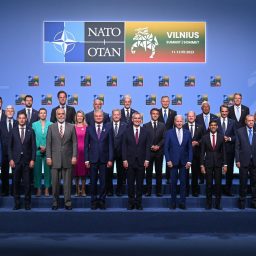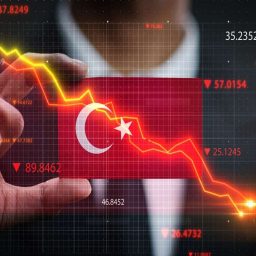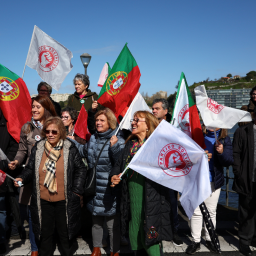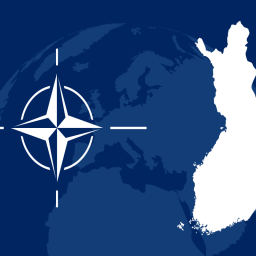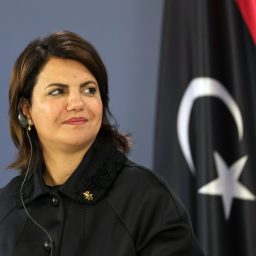World leaders gather at Munich Security Conference
The 58th edition of the Munich Security Conference (MSC) has begun on Friday. For three days, about thirty-five heads of state and government are expected at the famous Bayerischer Hof hotel in the Bavarian capital to discuss the world’s international challenges, but especially about the imminence of a Russian invasion or military attack on Ukraine. Officials in Munich from February 18 to 20 are trying to consolidate diplomatic channels between the West and Moscow over Europe’s security architecture. “Our world is in danger. Traditional certainties are collapsing, threats and vulnerabilities are increasing, and rule-based order is increasingly under attack. The need for dialogue has never been greater, “said Wolfgang Ischinger, president of the MSC, in a message released earlier this week. Experts consulted by France Press claim that we are at a crucial moment and we risk losing everything we have gained during the progress of the last decades if we do not act decisively against the successive crises, and the states do not understand that they must gain public trust, but and to educate him so that the latter can become a partner in crisis management.
The 2022 MSC report entitled “Change of direction, learning from helplessness” analyzes the major global risks of these years, which are now being accentuated. Among the problems in Afghanistan, Mali, the Horn of Africa and the Red Sea, China, global inequities, a substantial chapter is devoted to the risks in Eastern Europe, especially the developments on NATO’s eastern flank. Will Ukraine be invaded? Is the withdrawal of Russian troops from the border just a ploy to dampen the vigilance of the West, and Moscow will then carry out the coup de grace? How many of Russia’s demands for its own security can be accepted by NATO? Does the eastern flank of the Alliance become Achilles’ heel in the security of Europe? How will the multiple global crises be resolved? These are some of the pressing questions that are expected to be answered by the participants at the Munich Security Conference. This weekend’s meeting comes at a sensitive time, as Russia, which has deployed more than 100,000 troops on Ukraine’s borders, has raised concerns in the West, which in turn has decided to strengthen NATO’s eastern flank with thousands of additional troops. , also launching intense diplomatic talks to prevent a military conflict in Eastern Europe. Definitely, 2021 has not been a favorable year for geopolitical optimism, the conference report warns, citing the seemingly endless coronavirus pandemic, the increasingly tangible threat of climate change, the annoying vulnerabilities of an interconnected world or rising geopolitical tensions, all these challenges adding to a sense of loss of control. This state of mind, the authors of the paper write, particularly affects liberal democracies. There is a danger that the world “will not take on the challenges facing the planet, even if it has the resources, strategies and tools to deal with them.”
By Ovidiu Stanica





